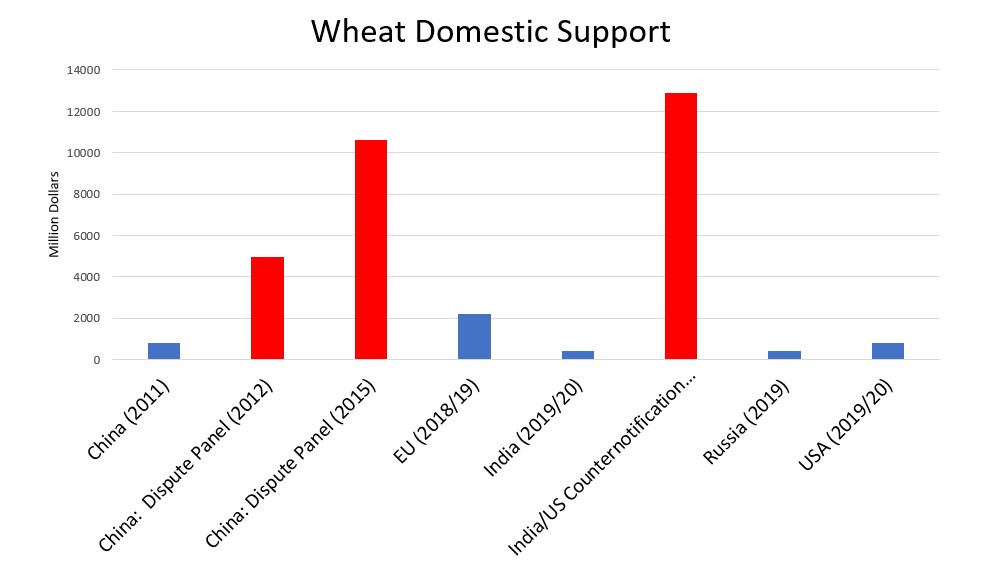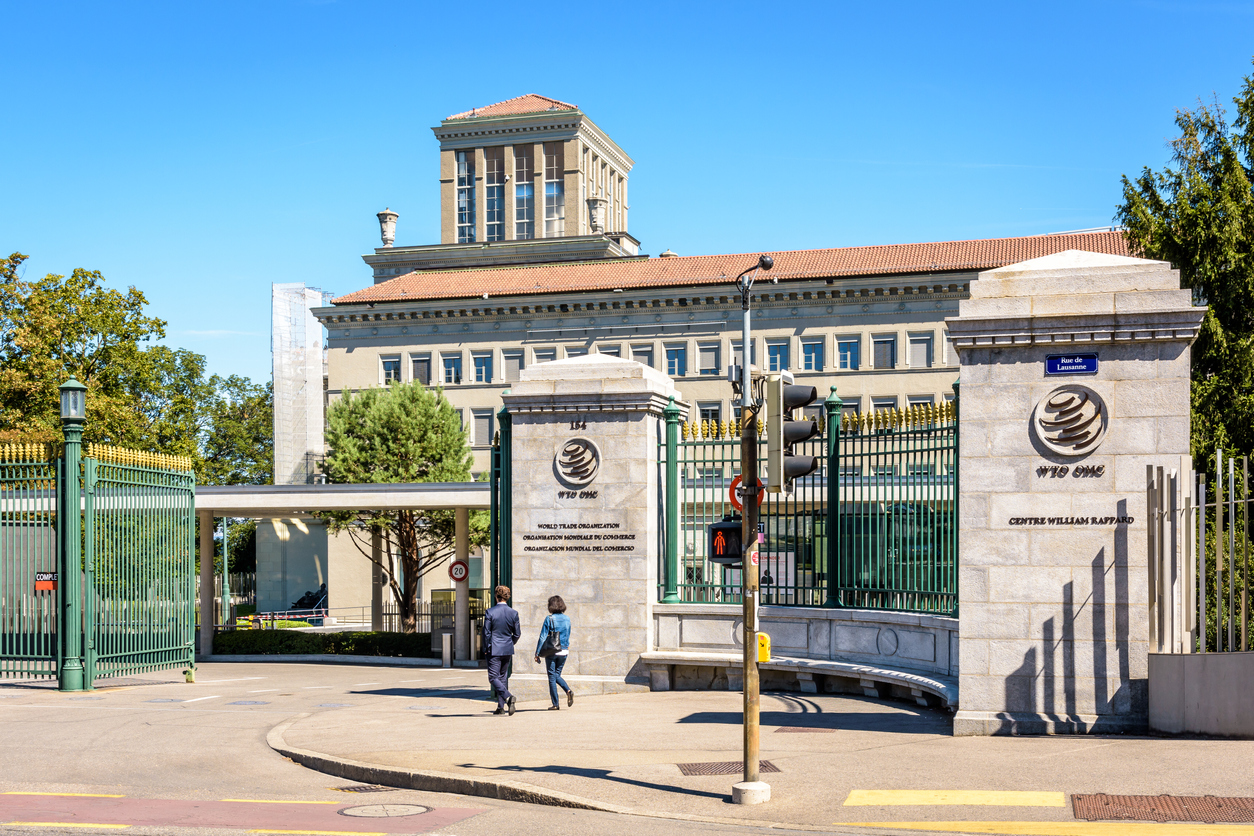WTO Ministerial Postponed; U.S. Agriculture’s Engagement to Continue
Though disappointed in the postponement of the 12th World Trade Organization (WTO) Ministerial Conference this week, U.S. Wheat Associates (USW) will continue working with U.S. agricultural interests toward positive reform of this important organization.
As a member of a U.S. agricultural coalition that is speaking up on the importance of the WTO, USW representatives were set to attend the WTO ministerial “MC12” in Geneva, Switzerland. Ms. Sharon Bomer Lauritsen, the founder of Ag Trade Strategies, LLC, and a former Assistant U.S. Trade Representative for Agricultural Affairs and Commodity Policy, supports the coalition and recently outlined key positions on the WTO in a co-authored Agri-Pulse editorial.
“The WTO is a crucial element in facilitating global trade, but it is in need of reform,” she and her co-author wrote on Nov. 24, 2021. “To revitalize and restore confidence in the WTO, attention must be paid to addressing government policies that distort production and trade, including tariffs and trade distorting domestic support.”
In remarks made to business interests just before the WTO ministerial was postponed, however, WTO Director-General Ngozi Okonjo-Iweala had little optimism for substantial progress on agricultural domestic support negotiations.
There is a stand-off over price supports used for public stocks between some developing countries like India and China and a group of developed and developing countries, especially the United States and several Latin American countries. India, for example, fiercely protects its trade distorting subsidies for wheat and rice as part of its public stockholding program for food security. Unfortunately for the rest of the world’s wheat and rice producers, these hefty subsidies can lead to larger stocks and the need for India to export these grains, often at lower prices than the costs the government incurred for the grain.
The U.S. coalition is also concerned that WTO members are not complying with their transparency requirements for reporting on domestic agricultural subsidies. Less than half of WTO members have submitted notifications on their subsidies since 2016, and many of those are incomplete, manipulated data, or incorrectly categorize their policies.
Data from the WTO shared as part of U.S. dispute cases and counternotifications reflect this issue. The graph below shows the wide disparity between the wheat subsidy levels China and India reported and the actual levels identified by a WTO dispute panel and other members.

Source: World Trade Organization.
Improving transparency requirements for policies impacting agriculture trade and notifications of current commitments was a realistic outcome from the MC12 meeting that USW and the U.S. coalition will continue to encourage.
USW strongly supports the WTO’s mission to liberalize world trade. In a July 2021 letter, USW and the National Association of Wheat Growers joined dozens of other agricultural organizations in sharing key priorities for the WTO to U.S. Trade Representative Katherine Tai and U.S. Secretary of Agriculture Tom Vilsack.
“The WTO has served American farmers, ranchers, and workers across the food and agriculture sector well, but in recent years the flaws in the system have become apparent,” the letter stated. “Reform is … needed, including changes that lead to a market opening agenda for agriculture and a better functioning institution. These changes can help improve global agricultural sustainability and support rural communities, workers, and better-paying jobs.”
USW believes a “better functioning” WTO will also benefit our wheat importing customers around the world.


